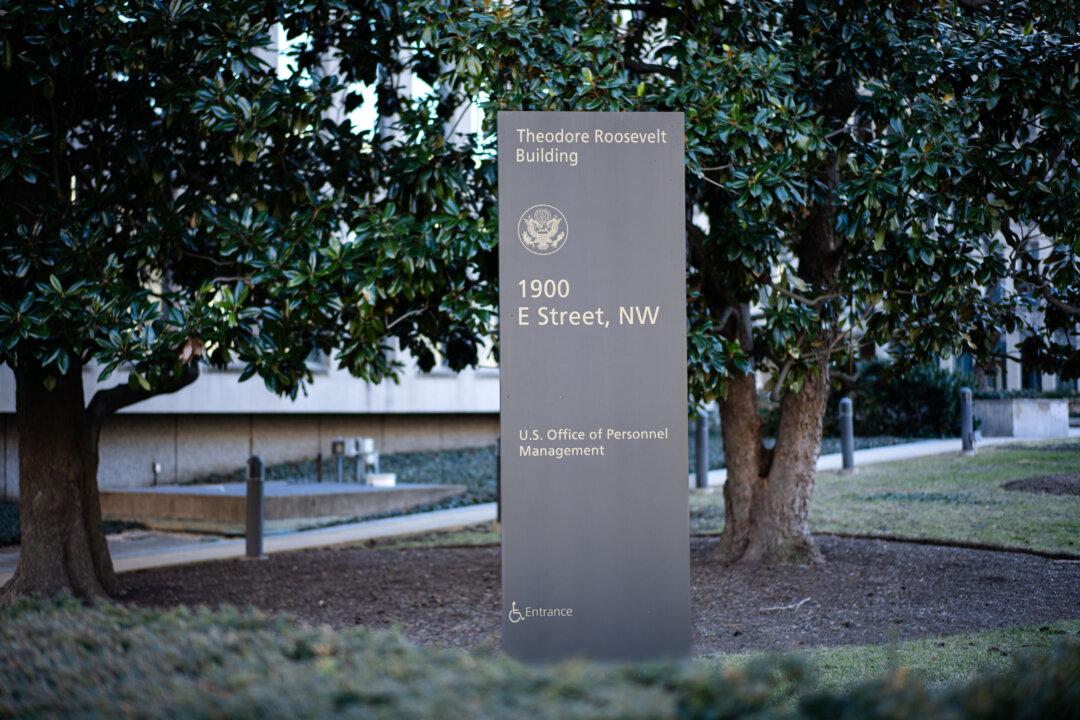A federal judge has blocked the Trump administration from implementing its policy aimed at ending collective bargaining arrangements with employees in certain federal departments and agencies.
In an order on April 25, U.S. District Judge Paul Friedman granted a union’s request for a preliminary injunction. His order blocked an executive order President Donald Trump signed in March, as well as a related guidance document from the Office of Personnel Management.





